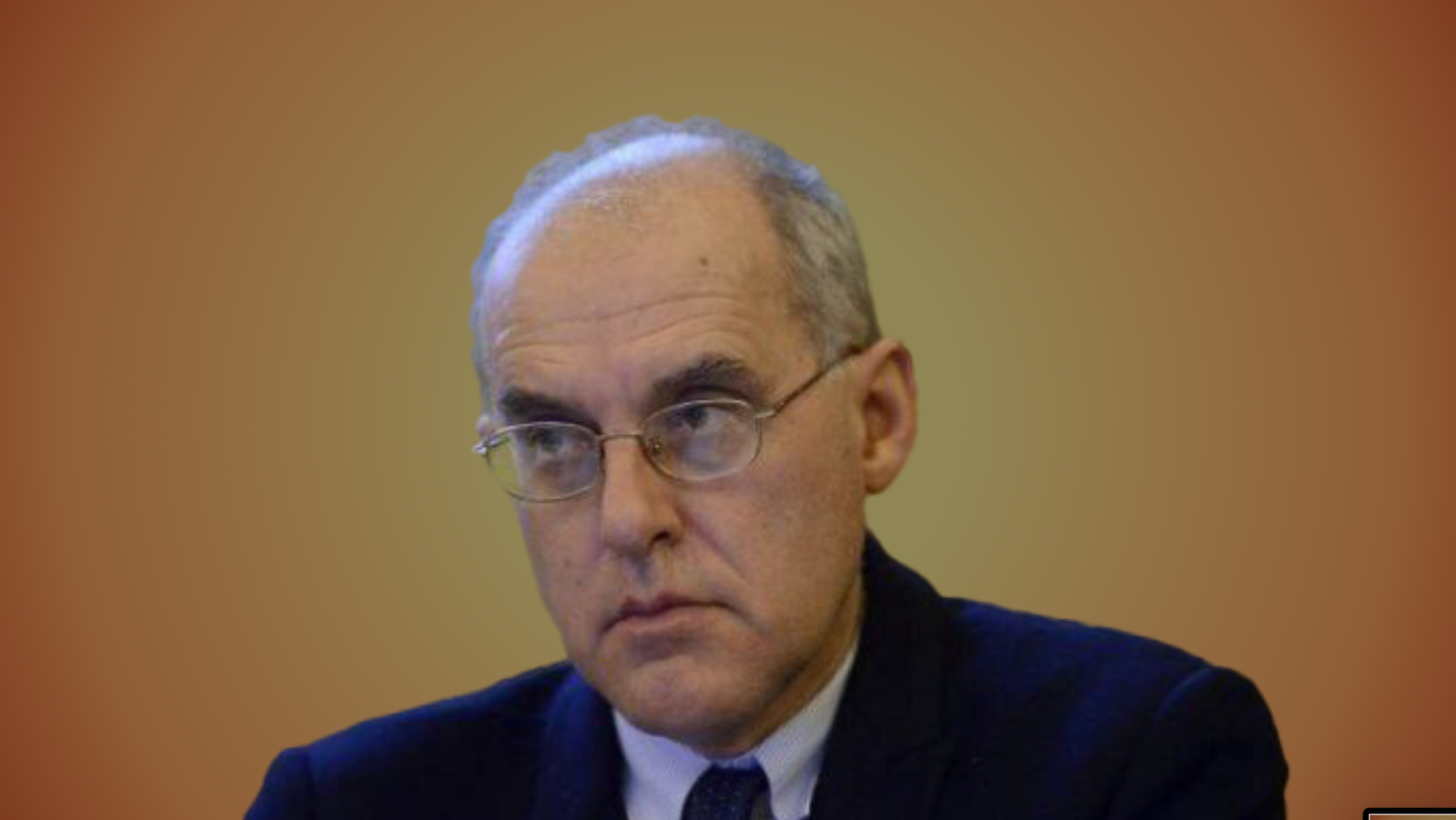Secondo l'Organizzazione mondiale della sanità si infetterà un europeo su due. L'Ecdc mette tutto il continente in rosso. Come sarà la quarta ondata di Covid-19? Morti e ricoverati gravi saliranno ancora o siamo verso il picco che ci porterà poi a un lento rientro verso la normalità? Basteranno i vaccini? Abbiamo fatto bene a riaprire la scuola in presenza? Facciamo l'analisi della nuova stagione della pandemia con Carlo la Vecchia, epidemiologo dell'Università degli Studi di Milano.
Come sarà l'inverno con Omicron?
prossimo articolo
Karen Hallberg, on peace and science
In a world marked by wars and global crises, the new Secretary General of Pugwash tells us about the challenges of disarmament and the value of scientific dialogue for peace (photo: Karen Hallberg, source Wikipedia).
Pugwash is the name of a Canadian fishing village and a commitment to peace. In July 1957, at the height of the Cold War, twenty-two scientists gathered here for the first Pugwash Conference on Science and World Affairs. The group was led by the mathematician and philosopher Bertrand Russell, who, two years earlier on 9 July 1955, presented the Russell and Einstein Manifesto in London's Caxton Hall. In this manifesto, the philosopher and physicist (who died in April but had signed it) called on the world to renounce war.




